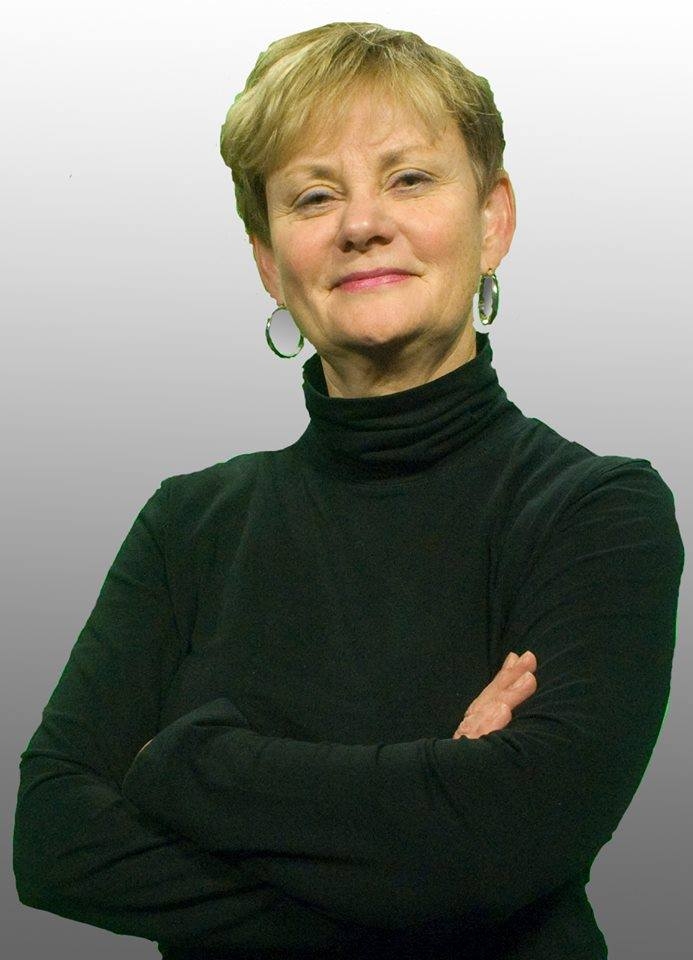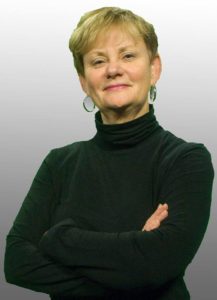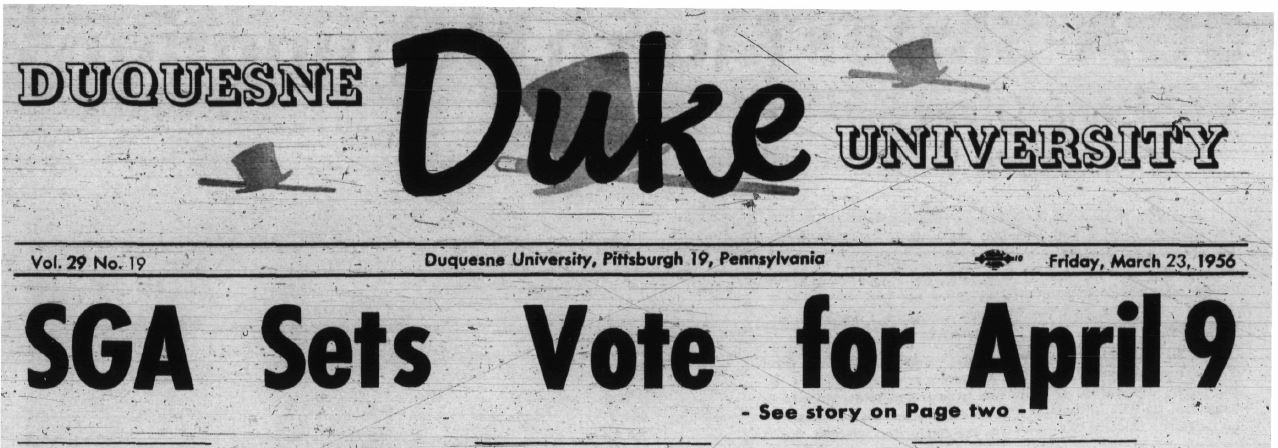
DU professor Margaret Patterson will be releasing a book on crime reporting.

DU professor Margaret Patterson will be releasing a book on crime reporting.
Zachary Landau | Asst. A&E Editor
Duquesne journalism professor Margaret Jones Patterson and her co-author Romayne Smith Fullerton entered into a contract with Oxford University Press to publish their book, “The Story is the Moral,” on crime reporting in Western countries.
Patterson and Fullerton’s research included visiting nine countries (10 after this upcoming May) and interviewing over 150 news professionals and academics.
Last September, the two were awarded $93,549 from the Social Science and Humanities Research Council of Canada.
Patterson, who also chairs the University’s Publications Board explained to The Duke that her desire to research how crime is reported in different countries came after talking to an editor at The Algemeen Nederlands Persbureau (ANP), the Dutch equivalent to the Associated Press in the United States.
“There had just been an attempt to assassinate the queen of the Netherlands,” Patterson explained. “The editor said that when [the ANP] sent the story out to the news organizations that were their clients, they put the name of the man who had committed this crime in a separate file. In the story itself, they identified him only by his first name and last initial.”
Patterson was shocked by the way the ANP handled the story, as it is standard to publish the person’s full name in the United States.
“I thought, ‘Well, there is something weird that I don’t know anything about,’” Patterson said.
Patterson asked Fullerton, an associate professor at Western University in London, Ontario, Canada, to join her in exploring this discrepancy.
Throughout their seven years of research, Patterson said that most reporters do not typically examine practices done in other countries.
“We usually tell people at the end of the interview what we have found in other countries,” Patterson explained, “And the reaction is always one of astonishment … Unless people have been foreign correspondents, they generally are only aware of their own country’s habits.”
The book’s aim is to help discuss these different habits in an age when the internet homogenizes journalism.
“There’s no stopping the evolution of global journalism,” Patterson said. “But maybe global journalism ethics needs to be cognizant of difference and respectful of difference and let individual countries determine what’s best for their culture.”
The decision to go with Oxford University Press was a “shot in the dark” for the two authors.
“We had a couple of publishers interested in [our book], and I said to my co-author, Why don’t we just go to the top? What do we have to lose?” Patterson said.
She also acknowledged that both Duquesne’s and Western’s faith in the project in providing grants during its development stages was hugely important to getting the project off the ground.
“We couldn’t have done this, couldn’t have gotten started, couldn’t have gotten the larger grant from the Canadian government without that seed money,” Patterson explained. “That show of faith to give us that money to get us started was really important, and it’s nice to have that kind of backing from your university.”




